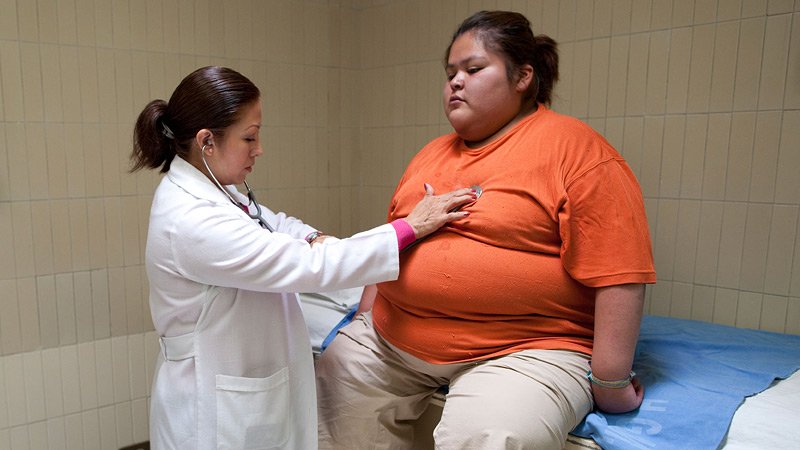Being obese is usually associated with a number of health issues, including high blood pressure and diabetes. However, most people do not realize that obesity has an impact on their gynecologic health. For instance, obesity can contribute to infertility. Furthermore, being obese during pregnancy can cause problems for a mother and her baby’s health. Therefore, weight management is an integral determinant of women’s gynecologic health. As such, having an OB/GYN with experience in weight loss in Arlington can go a long way in enhancing your gynecologic health and keeping you and your baby safe, especially during pregnancy. Below are some important facts you should know, about how obesity can affect your gynecologic health and pregnancy.
Who is Considered Obese?
Obesity is a condition that is associated with having an excess amount of body fat. It is usually determined using body mass index (BMI), an index based on the height and weight of a patient. Normal BMI should range between 18.5 and 24.9. Body mass index of 30 and above indicates that a patient is obese.
Obesity and Fertility
Being obese increases the risks of infertility. Obesity usually causes infertility by inhibiting ovulation. But even obese women who ovulate normally generally tend to take longer to get pregnant. Obesity is also known to affect the success of in vitro fertilization (IVF). In other words, the bigger the BMI, the higher the risk of an unsuccessful IVF.
How Obesity Can Affect Pregnancy
Even if an obese woman gets pregnant, she may be at risk of several pregnancy complications. Some of those complications include risk of stillbirth and recurrent miscarriage, high blood pressure, sleep apnea, difficult vaginal delivery, and gestational diabetes, among others. When an obese woman is pregnant, her baby is usually at high risk of having congenital disabilities, childhood obesity, and metabolic syndrome.
How Much Weight One Should Gain During Pregnancy
Gaining weight during pregnancy is normal. But what amount of weight is normal for an expectant mother to gain? Every woman is different, and the amount of weight each woman gains during pregnancy is different. The right amount of weight to gain during pregnancy should be determined by the pre-pregnancy weight and the patient’s general health. But generally, a woman should gain between 5kg and 9kg in the cases of a single gestation or 11 to 19 kilograms in the cases of multiple gestations.
Specialized Care During Pregnancy?
If you are obese, it is wise for you to first work on your weight before getting pregnant. However, if you get pregnant while you are still obese, your pregnancy will have to be closely monitored by an OB/GYN. For instance, you will have to get regular tests for gestational diabetes. You will also need more regular ultrasound scans to examine how your baby is developing.
The Takeaway
Overall, it is apparent that being overweight or obese can cause a number of gynecologic issues and other complications during pregnancy. Therefore, if you are obese, it is imperative for you to lose some weight and seek the assistance of an OB/GYN before getting pregnant and after getting pregnant.

Leave a Reply